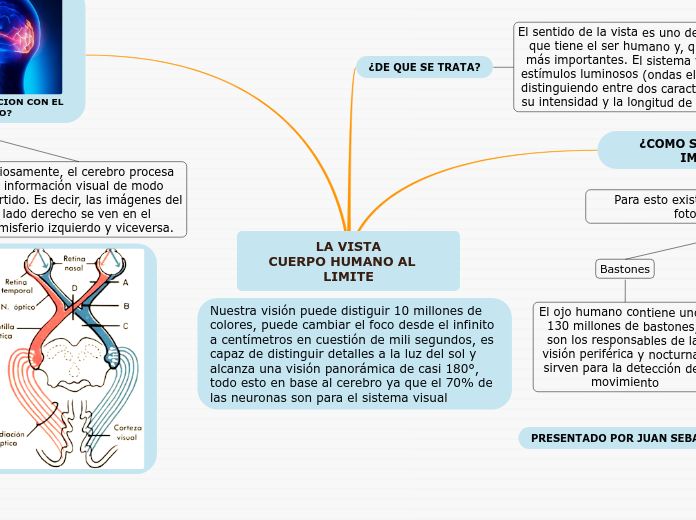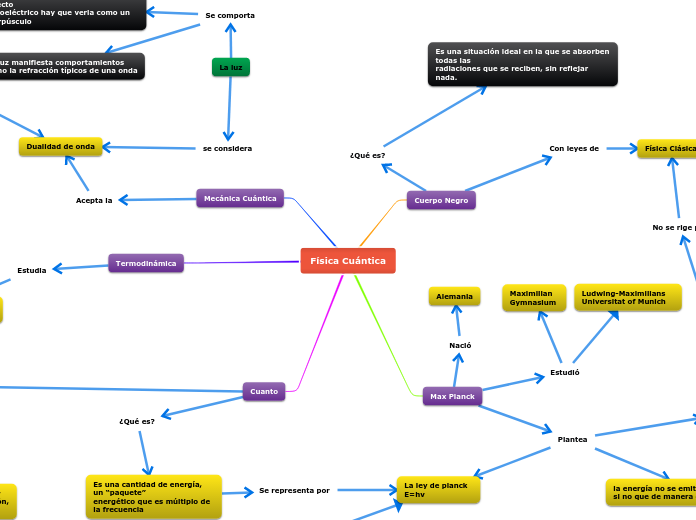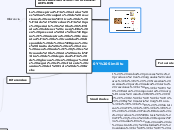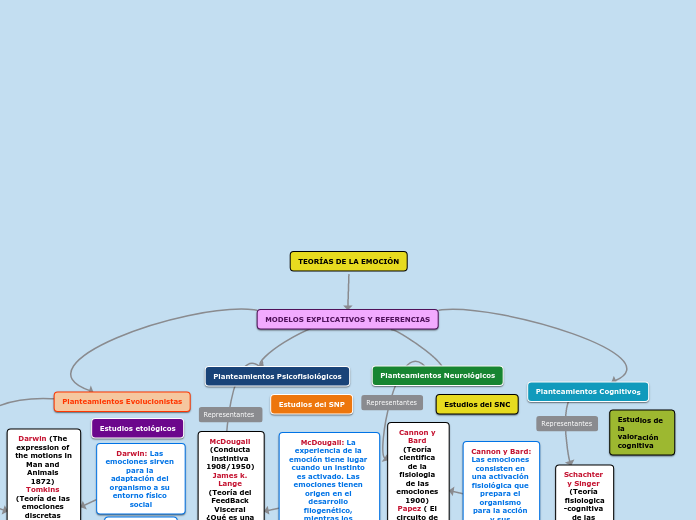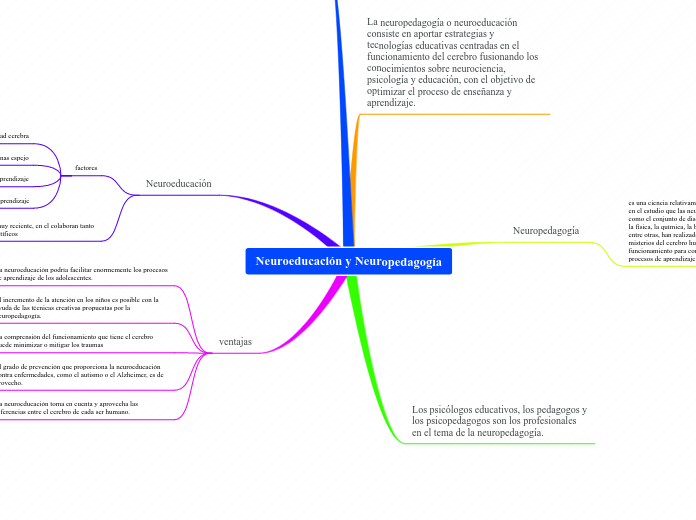Nuestra visión puede distiguir 10 millones de colores, puede cambiar el foco desde el infinito a centímetros en cuestión de mili segundos, es capaz de distinguir detalles a la luz del sol y alcanza una visión panorámica de casi 180°, todo esto en base al cerebro ya que el 70% de las neuronas son para el sistema visual
PRESENTADO POR JUAN SEBASTIAN CERON
LA VISTA
CUERPO HUMANO AL LIMITE
Rivers have always been essential for human life and settlement. A source for drinking, the source of food, and a way to transfer goods from one place to another. They are essential in the environment of rainforest and wetlands.
¿CUAL ES LA RELACION CON EL CEREBRO?
The Yangtze holds the title of Asia’s longest river. The Yangtze has a momentous place in China’s history and culture, providing some of the country’s most fertile land as well as some of its most artistically inspiring scenery.
Where the Mekong river runs, the land is incredibly verdant shaping one of the richest areas of biodiversity on the planet. Thousands of species call its shores and waters home. Long an essential trade route the Mekong passes through, or close to, some of the region’s most important cities, including Vientiane, Phnom Penh and Saigon.
Curiosamente, el cerebro procesa la información visual de modo invertido. Es decir, las imágenes del lado derecho se ven en el hemisferio izquierdo y viceversa.
Cuando la luz se proyecta sobre la retina, estimula los bastones y los conos. La retina entonces envía señales nerviosas al nervio óptico desde la parte posterior del ojo. Este es el que envía señales al cerebro, que las interpreta como imágenes visuales.
The Yangtze or Yangzi is the longest river in Asia and the longest in the world to flow entirely within one country (Qinghai, Tibet, Yunnan, Sichuan, Chongqing, Hubei, Hunan, Jiangxi, Anhui, Jiangsu, Shanghai provinces). It rises in the northern part of the Tibetan Plateau and flows 6,300 km in a generally easterly direction to the East China Sea.
Tributaries: Yalong, Min, Tuo, Jialing, Han, Wu, Yuan, Zi, Xiang, Gan, Huangpu.
In mid-2014, the Chinese government announced it was building a multi-tier transport network, comprising railways, roads, and airports, to create a new economic belt alongside the river.
¿COMO SE FORMAN LAS IMAGENES?
There are four major rivers in Africa: the Nile, the Zambezi, the Congo, and the Niger. The Nile is one of the longest rivers in the world.
The Zambezi's most noted feature is Victoria Falls. Other notable falls include the Chavuma Falls at the border between Zambia and Angola, and Ngonye Falls, near Sioma in Western Zambia.
Para esto existen 2 tipos de células fotorreceptoras
Conos
En el ojo se contienen unos 7 millones de conos, estos son los responsables de la visión central, nos dan la percepción del color y son menos sensibles a la luz que los bastones
Bastones
El ojo humano contiene unos 130 millones de bastones, son los responsables de la visión periférica y nocturna, sirven para la detección del movimiento
¿DE QUE SE TRATA?
North America
In the 18th century, the river was the primary western boundary of the young United States, and since the country's expansion westward, the Mississippi River has been widely considered a convenient dividing line between the Eastern, Southern, Midwestern United States, and the Western United States.
South America
Amazon River, the greatest river of South America and the largest drainage system in the world in terms of the volume of its flow and the area of its basin.
El sentido de la vista es uno de los cinco sentidos que tiene el ser humano y, quizás, uno de los más importantes. El sistema visual detecta los estímulos luminosos (ondas electromagnéticas), distinguiendo entre dos características de la luz, su intensidad y la longitud de onda (los colores).
Main tributaries - Marañón, Napo, Japurá/Caquetá, Rio Negro/Guainía, Putumayo, Trombetas, Ucayali, Javary, Juruá, Purús, Madeira, Tapajós, Xingu.
The Amazon and its tributaries flow through the countries of Peru, Bolivia, Venezuela, Colombia, Ecuador, and Brazil before emptying into the Atlantic Ocean 6, 437 km (4,000 miles) from the Amazon's headwaters high in the Andes mountains of Peru.
